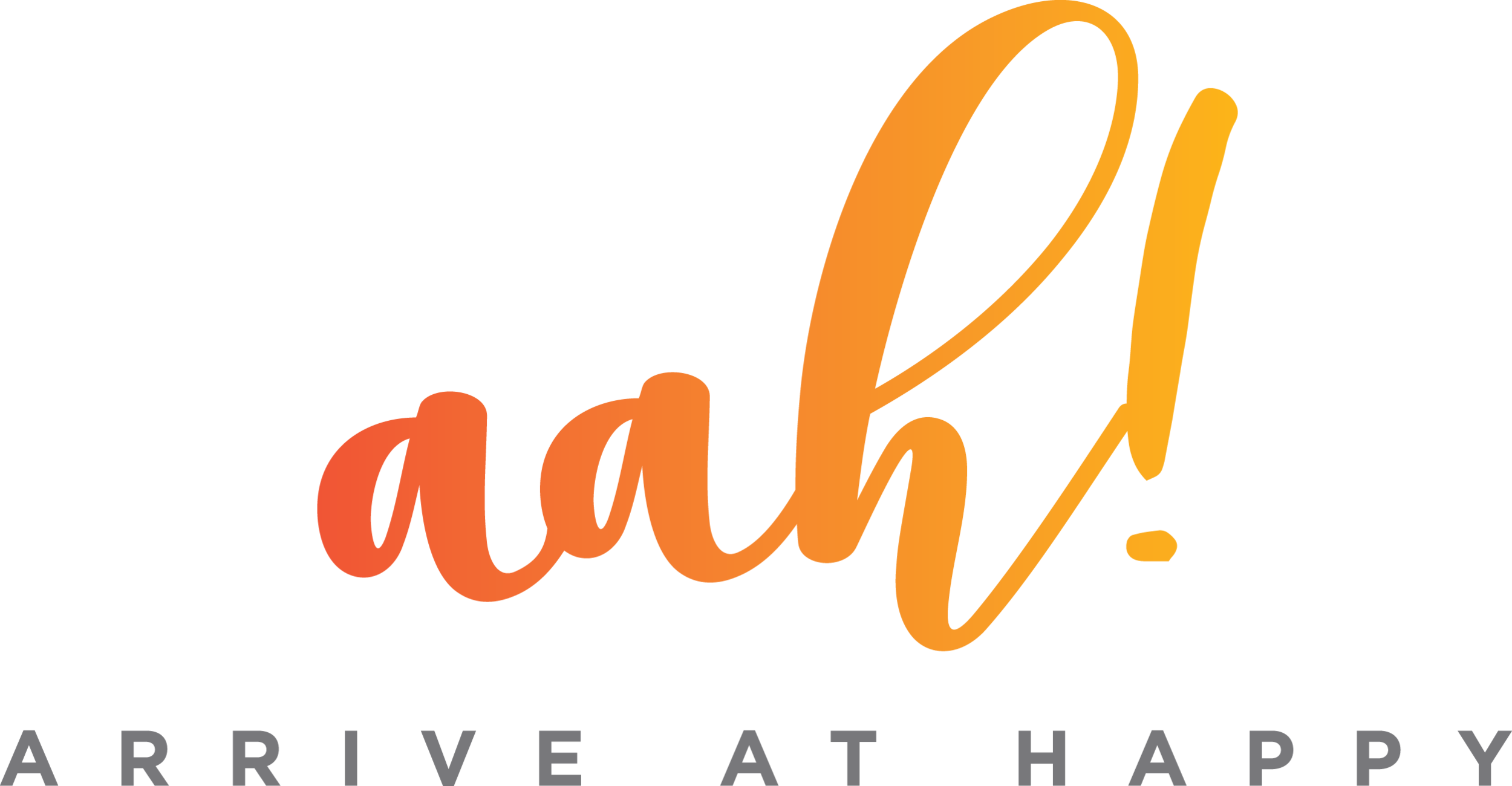2023 Science of Happiness Research
Have you heard about the World Happiness Summit? Would you go to this three-day event to learn about the science of happiness and ways to increase happiness in your personal life and work? I have been honored to participate and speak at this event for three consecutive years. The knowledge and takeaways I receive each year are indispensable, so I want to share insights from the 2023 Summit. These insights can fundamentally change the workplace environment, increase happiness among leaders and employees, and inspire a culture of joy and fulfillment.
Balancing Time for Optimal Happiness
Do you constantly feel like you need more time? Dr. Cassie Holmes, a distinguished expert on time and happiness from UCLA, opened the Summit with an intriguing keynote addressing the problem. A familiar cry among working professionals, especially parents, is "time poverty." However, Dr. Holmes' research on "discretionary time" – the leisure time at our disposal – offers a unique perspective.
Contrary to the common belief that more free time equates to greater happiness, Holmes' research reveals the sweet spot for happiness is having between two and five hours of discretionary time each day. She argues that having an abundance of leisure time leaves us feeling a lack of purpose, negatively impacting our happiness.
Holmes also emphasizes that purpose isn't exclusive to our professional lives; it includes playing with your kids, volunteering, or helping your spouse with their business. She says, "It's not about being time rich; it's about making the time you have rich." The challenge lies in making the best use of our time and ensuring our lives are full of meaningful activities.
A great analogy is filling a jar with golf balls – Those are the non-negotiable activities you add to your calendar to ensure you do them. Then, there are pebbles and sand, which are less important tasks that will fill the jar if you don't schedule those things that matter the most (the golf balls.)
The Power of Listening
Robert Biswas-Diener presented a compelling case for listening as a vital life skill that significantly impacts our happiness and well-being. He explained that as much as we love to talk, authentic learning and growth occur when we listen.
Becoming an engaging listener involves silencing our mouths and our minds. It requires paying full attention, acknowledging what's said, and asking probing questions to deepen the conversation. We must remember that sometimes a pause is just a pause, not an invitation to start talking.
By improving our listening skills, we can enhance our relationships, which is the number one predictor of happiness.
Music and Happiness
Jorge Viladoms from Durango, Mexico, introduced the audience to the profound connection between music and happiness. He challenged us to introduce more music into our lives, both at home and at work, to create calming, joyful environments, and to advocate for its inclusion in school curriculums.
The Role of Social Relationships in Happiness
Dr. Kelli Harding from Columbia University highlighted the significance of social relationships in enhancing our happiness. Harding encouraged us to seek varied relationships, not just close ones, and to cultivate a sense of community for a happier life. Your weak connections with people are just as meaningful as your strong and close connections to your family and friends.
She provided various strategies to invest in our social relationships at home and work, offering practical tips for spreading kindness, like:
saying hello to strangers,
being curious about others,
asking for help, and
practicing micro-kindness acts
Harding also emphasized the importance of expecting and learning from rejection rather than striving for perfection.
The World Happiness Summit 2023 sheds light on many ways to enhance personal and professional happiness. As leaders, these insights can guide us in creating a workplace environment that boosts productivity and fosters a culture of joy, fulfillment, and purpose.
Happiness isn't a destination; it's a journey that requires constant learning, self-reflection, and conscious effort. Remember that happy leaders make successful leaders! Contact Tia Today to learn how to improve your company culture, drive results and increase profits.
Tia Graham is an international speaker, best-selling author, and consultant on positive psychology and engagement. She has worked with dozens of global companies, such as Marriott Hotels, Hewlett Packard, and Kashi Foods, to elevate employee engagement and drive bottom-line results. Prior to founding her company, Arrive at Happy, she led teams at luxury hotels in the United States and Europe for brands such as W Hotels, Westin, and The London.
With multiple certifications in neuroscience, positive psychology, and employee retention, and over 14 years of leadership experience, Tia is widely regarded by business leaders in her field. Her insights have been featured in major media, such as CNN, Forbes, and Fast Company, to name a few. Her new book, Be a Happy Leader, teaches her proprietary 8-step methodology on driving productivity and business growth through a culture of happiness.
